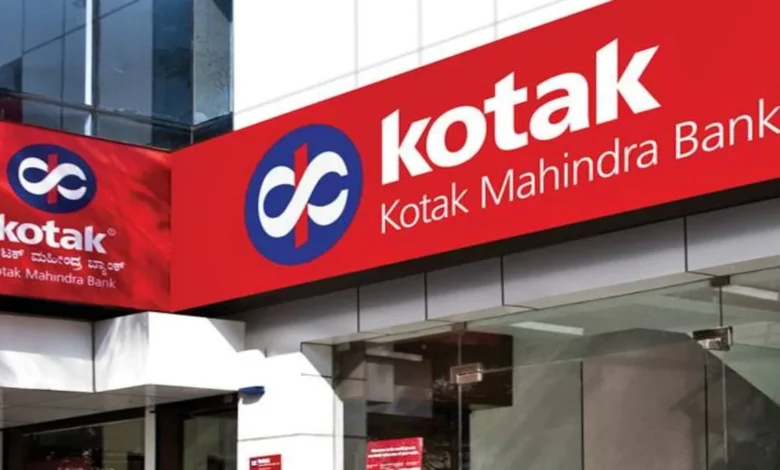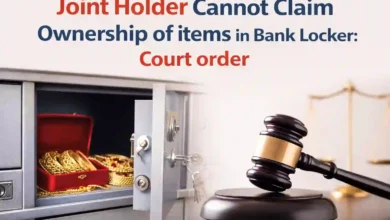Tamil Nadu Businessman Wins Legal Battle Against Kotak Mahindra Bank Over Loan Overcharging, Receives Rs 20 Lakh Compensation

A Tamil Nadu businessman has finally won justice against Kotak Mahindra Bank Limited for overcharging him on his loan foreclosure, a case that has been ongoing for over 15 years. The Chief Metropolitan Magistrate in Egmore found the bank guilty of criminal breach of trust and imposed a penalty of Rs 20 lakh. However, the charges against the bank’s former executives, who were also involved in the case, were dismissed.
Background of the Case
In July 2006, R Selvaraj, a businessman in the transport industry, took out a loan of Rs 1.5 crore from Kotak Mahindra Bank’s Saral Auto Loans division at the Chennai branch. After paying his monthly installments for some time, Selvaraj decided to settle the loan early the following year. The bank told him that to settle the loan, he would have to pay Rs 1.7 crore.
Later, when Selvaraj requested a detailed statement of his loan account for his income tax filing, the bank provided him with an incomplete statement. He then contacted the bank again, asking for a breakdown of how the Rs 1.7 crore settlement amount had been calculated and requesting a refund for the excess amount he had paid.
Legal Action and Resolution
After the bank failed to provide a satisfactory response, Selvaraj took legal action against the bank. In 2012, after approaching the courts, the bank transferred Rs 14.3 lakh to his account, but did not provide any explanation for the amount. Unsatisfied with the lack of clarity, Selvaraj filed a police complaint.
In 2018, the bank fraud wing of the Chennai Police filed charges against the bank and six of its executives. They were booked under various sections, including criminal breach of trust and falsification of accounts.
On April 9, 2023, the Chief Metropolitan Magistrate, N Kothandaraj, found Kotak Mahindra Bank guilty of criminal breach of trust. The court imposed a Rs 20 lakh penalty on the bank, with Rs 10 lakh of that amount directed to be paid to Selvaraj as compensation for the overcharged amount.
Conclusion
This case highlights the importance of transparency and fairness in financial transactions. Selvaraj’s perseverance in seeking justice against the bank’s wrongful actions has finally paid off, as the bank was held accountable for its overcharging. The penalty serves as a reminder to other financial institutions about the need to treat customers fairly and follow the law.
